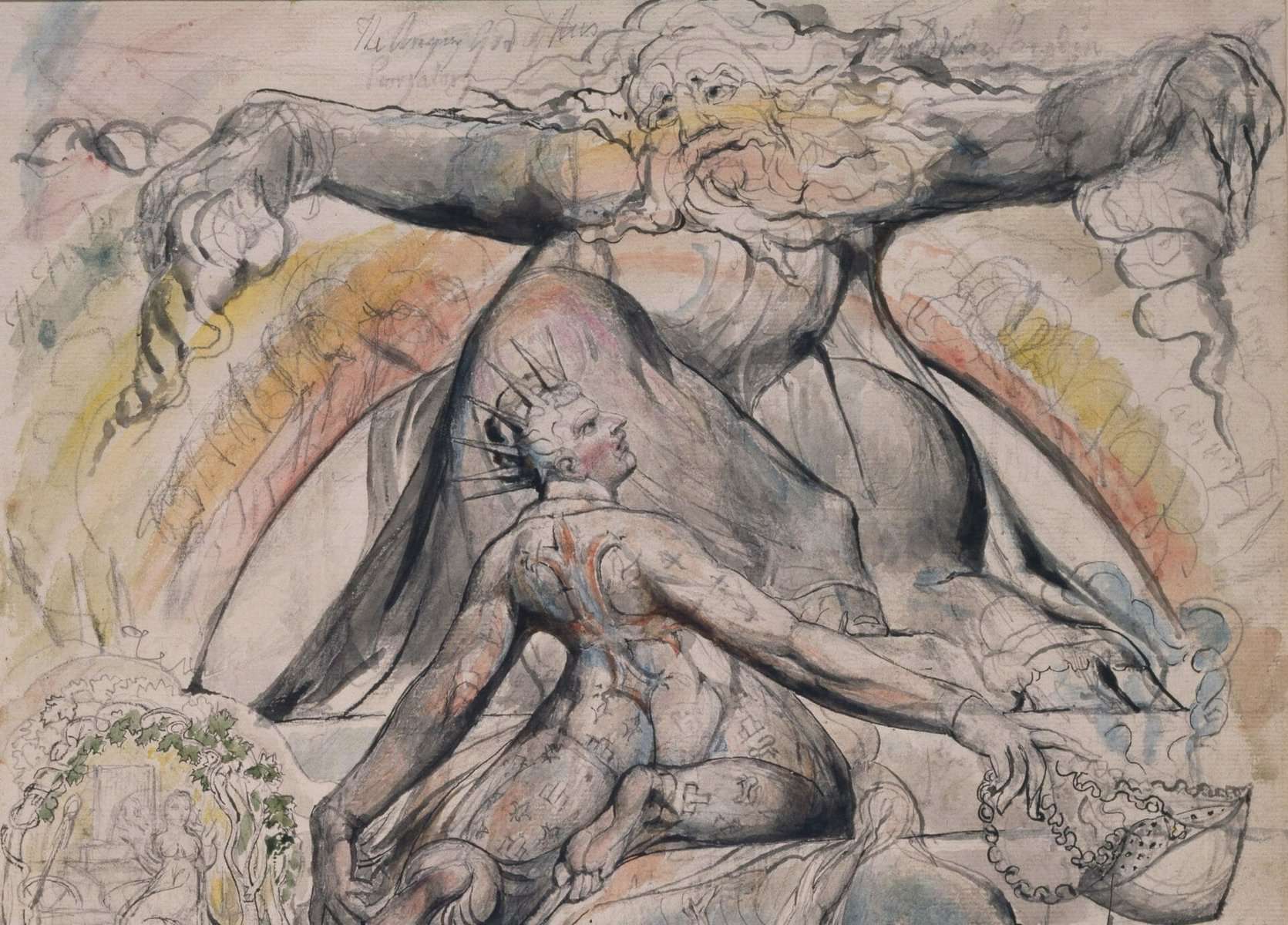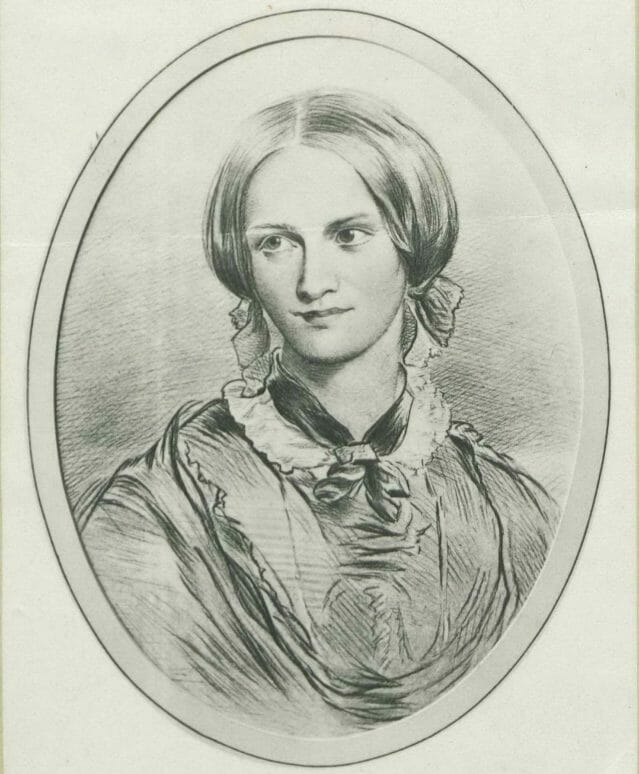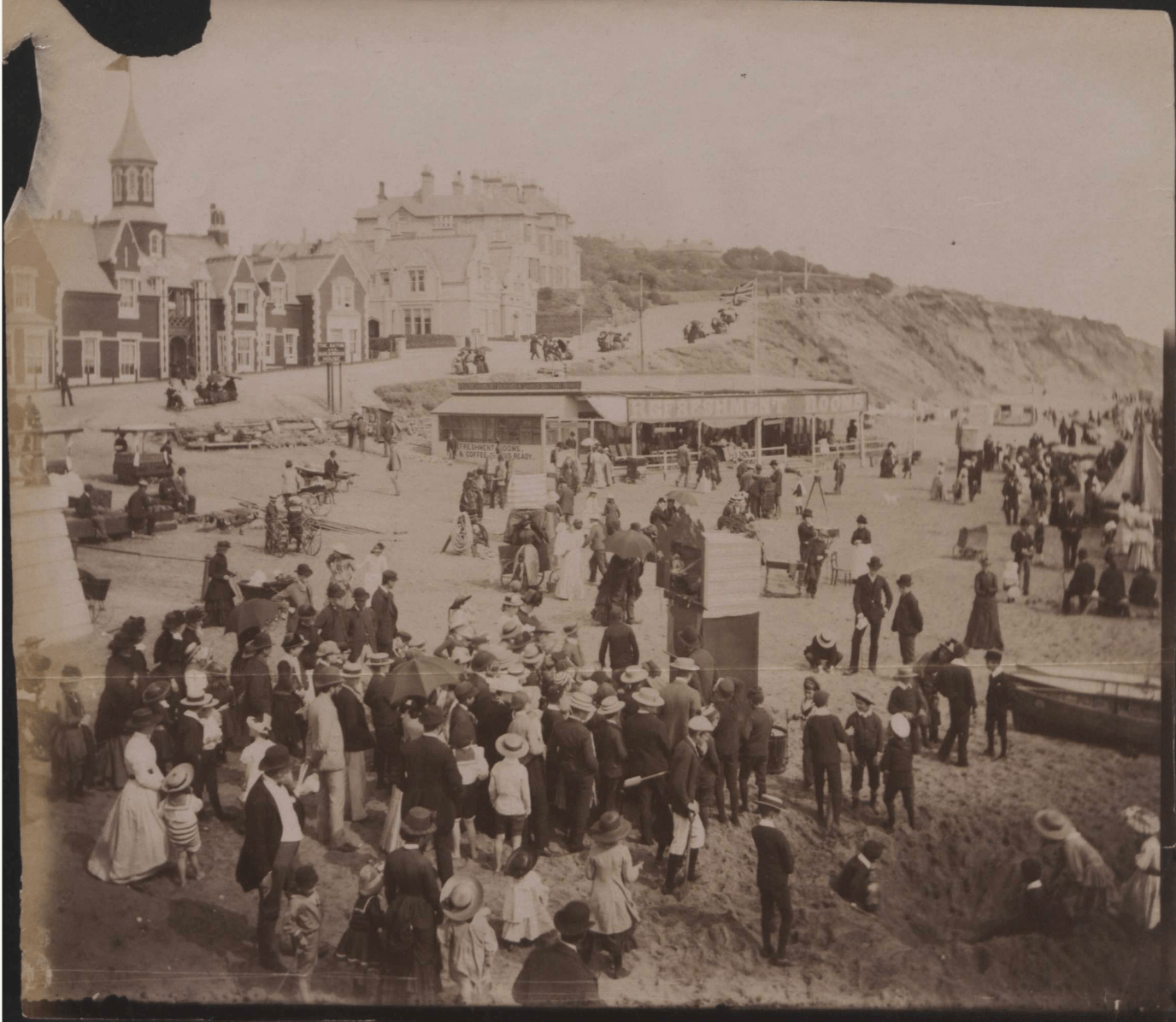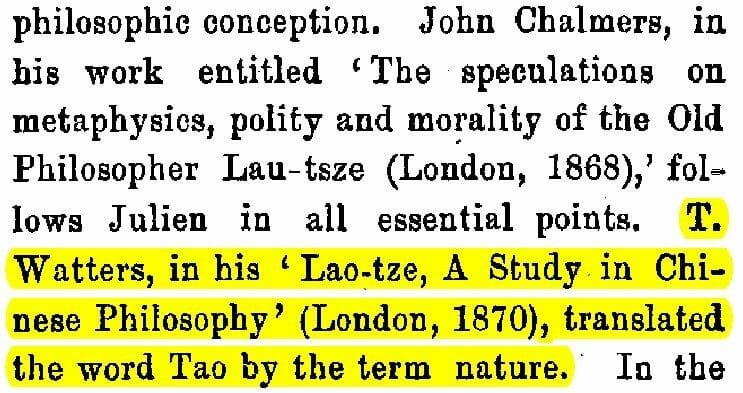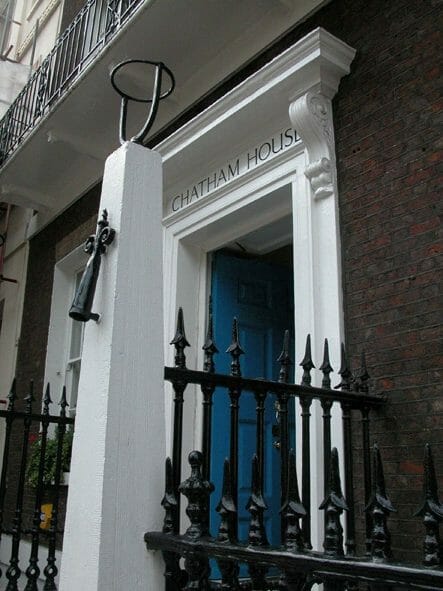| By James Carney, Gale Ambassador at King’s College London |
William Blake is widely considered one of Britain’s finest artists of all time. From painters of the Pre-Raphaelite Brotherhood to writers of the Irish Literary Revival, Blake’s influence permeates the artistic tradition. Therefore, it can come as a surprise to many that Blake’s work passed largely unrecognised during his lifetime. It is only posthumously that his legacy as we know it today has developed. This can be extensively explored using Gale’s British Literary Manuscripts Online: c. 1660-1900 archive.

